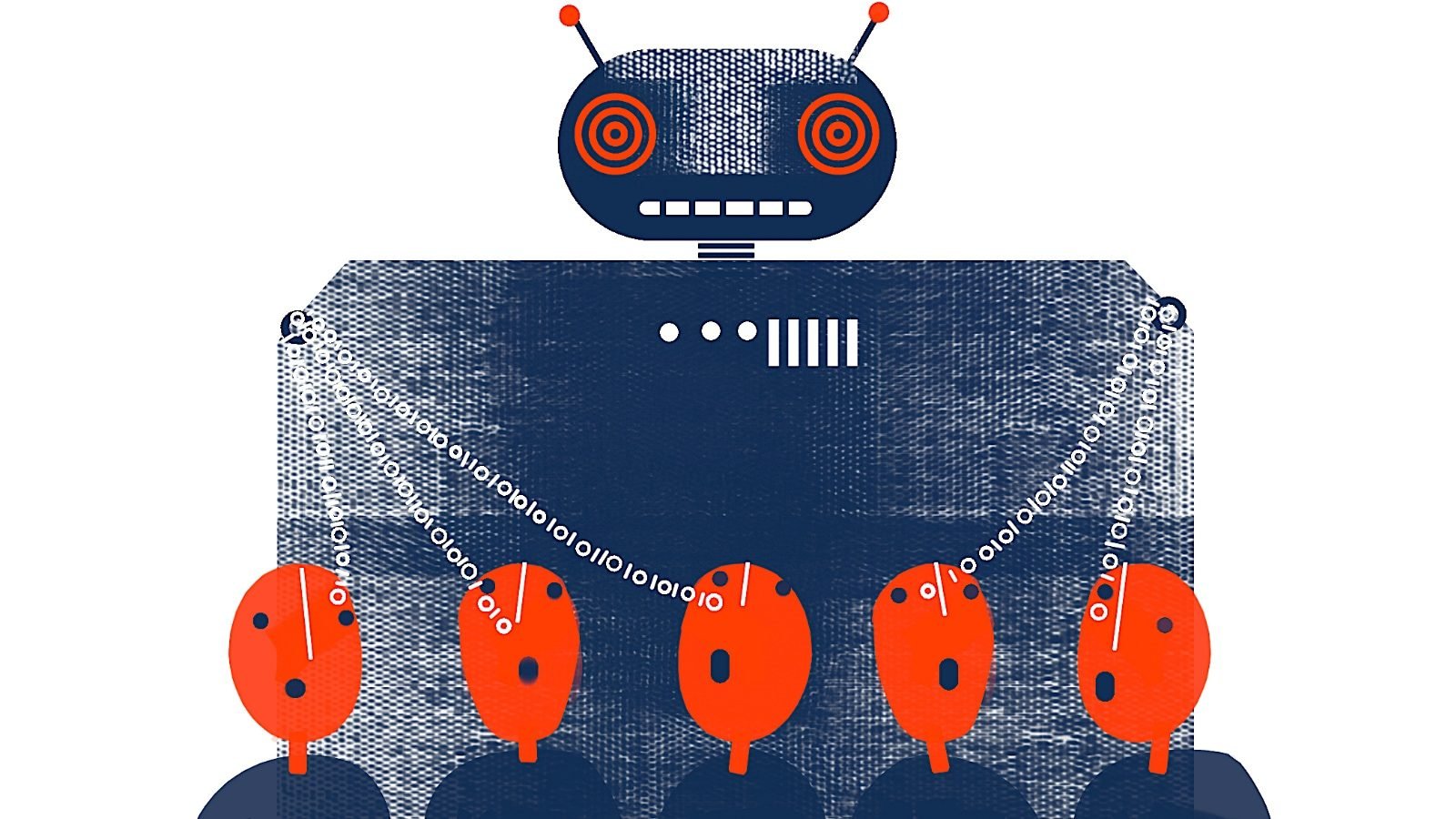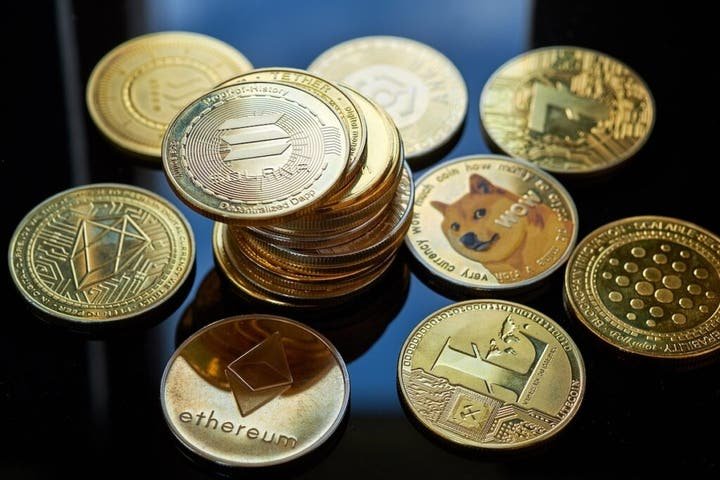May 18, 2025 07:04 IST
First published on: May 18, 2025 at 07:04 IST
My son, who teaches his college juniors coding, told me he honed his machine learning and teaching skills entirely on ChatGPT. You should ask ChatGPT to edit your pieces for you, he suggested, to which my scoffing reply was thanks but no thanks. I still think my own half-baked ideas are worth pursuing (and inflicting on readers) rather than the undoubtedly superior material conjured up by ChatGPT— only because I enjoy the process of thinking through a topic even if I’m not always satisfied with the result. But when the sum total of human experience on a particular subject is magically condensed to a specific prompt, it’s crazy not to use it for improvement, is the refrain I hear everywhere. Alas, we must poignantly accept that everything has its day before giving way to something new; just like Blinkit is the flavor of the moment challenging Amazon, ChatGPT has quietly replaced our friend and ally of two decades, Google Search.
Of course, for a while now, AI has successfully insinuated itself into all our lives; I use Alexa as a clock and as a dictionary, most recently to check the meaning of “anthropomorphic” and, a tad guiltily, when I asked the bot the name of a 1983 Barbra Streisand movie while doing the NYT crossword. Should we just philosophically put this down to the march of time, that new technologies change how we function, and also our ethical positions on plagiarism and the general demise of critical thinking? When I started out in journalism in the pre-Google era, you had to go to the office library to research a story. The librarian would pull out carefully filed away articles on said subject and journalists had to read, make notes and start afresh from there. Make no mistake, knowledge and personal growth only comes the old-fashioned way, by being intellectually curious, putting yourself out there and having new conversations with different kinds of people.
Unfortunately, ChatGPT is irresistible to students, who, because of a combination of youth and time mismanagement, are prone to cutting corners. Stupefyingly enough, its widespread use in schools and colleges has made it somewhat acceptable (cheating has existed since examinations began but a previous generation at least felt embarrassed about it). World over, college professors are at their wits end on how to deal with AI-generated assignments; blatant dishonesty aside, writing is a crucial part of learning. Students relying on these shortcuts, ultimately, are short-changing themselves. Blame the expectations of parents and society itself. Today’s world allows no room for failure and it’s a fact that the academic elite grab all the coveted seats and jobs. So, using unscrupulous means in a dog-eat-dog world is shrugged off as necessary to bridging the gaps between our ideals and our realities. Young people have cynically internalised that success involves occasional trade-offs with honesty — if that involves using AI to get a better grade, so be it.
What is the endgame of all this shameless cogging? Nothing to be particularly proud of because between watching Instagram Reels and relying on AI, people are getting dumber and less interesting to be around. As children, we were discouraged from copying with the sneering Hindi adage, kauve pe mor ke pankh, that doesn’t seem to resonate anymore. It makes one wonder what legendary writer J D Salinger would make of ChatGPT, considering both, his aversion to the Internet and his withering contempt for frauds, articulated way back in the 1950s. The beloved protagonist of his masterpiece, The Catcher in the Rye rued that phonies were everywhere, even attacking him from the “goddamn window”. It’s depressing to think that as a species, being a phony, is now a way of life.
The writer is director, Hutkay Films












